Global Business Management Report: Market Entry Strategies and Trade
VerifiedAdded on 2022/08/18
|5
|492
|15
Report
AI Summary
This report provides a detailed analysis of global business management, focusing on various aspects of international trade and market dynamics. The report examines the impact of a strong dollar on the US economy, particularly in relation to exports and international sales, highlighting the challenges faced by businesses with overseas operations. It further explores market entry strategies, discussing the use of direct exports, licensing, and foreign direct investment (FDI) by small and medium-sized enterprises (SMEs) to access foreign markets. The report also addresses the role of embargoes in international trade, explaining their legal basis and influence on both political and economic landscapes, referencing the authority of the United Nations in mandating such restrictions. Finally, it reviews the Doha Round of trade negotiations, identifying the primary reasons for its failure, including disagreements over agricultural subsidies and the inability of participating economies to reach consensus, which led to the conclusion that no agreement was preferable to a potentially contentious one. The report includes a reference list with relevant sources.
1 out of 5
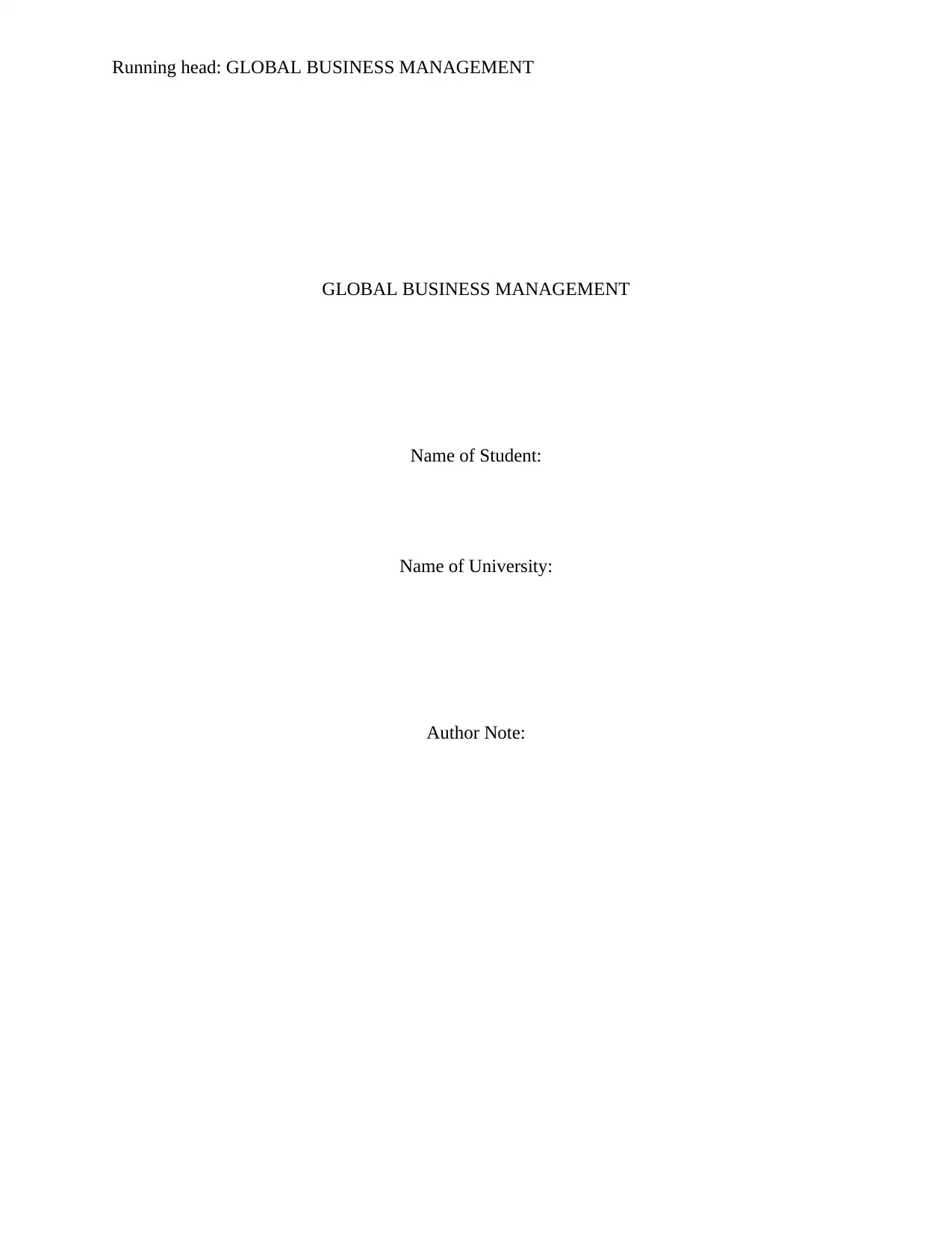
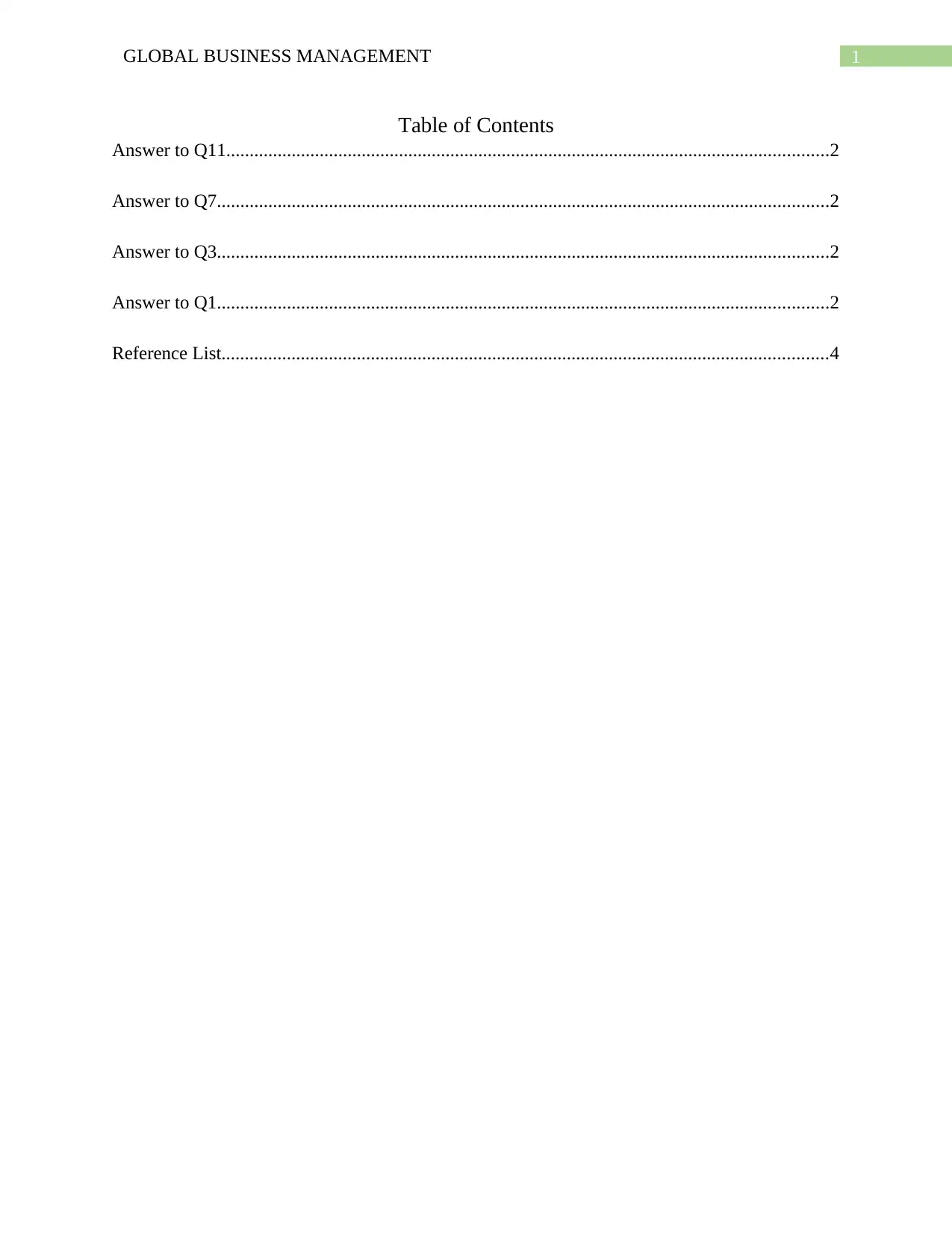
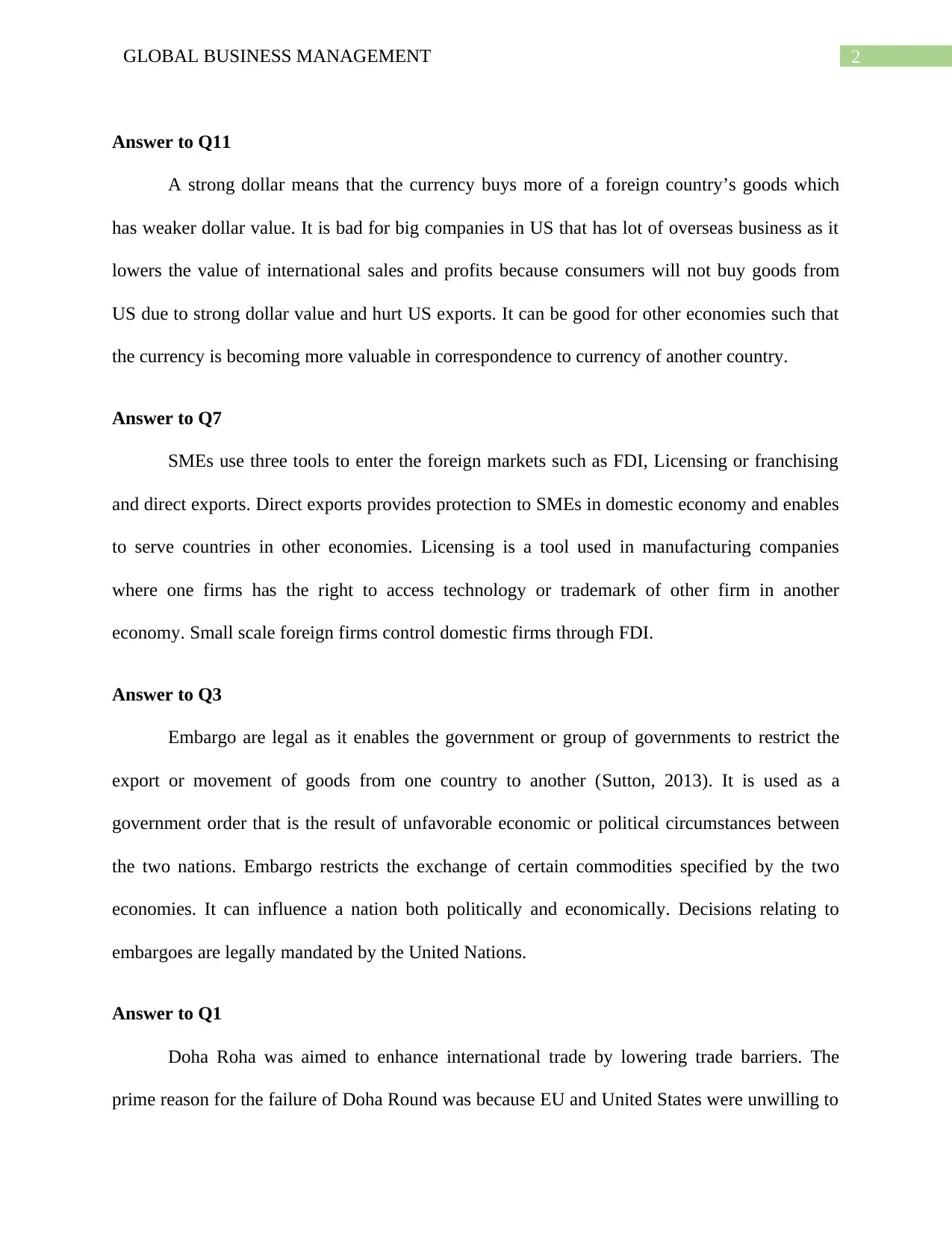

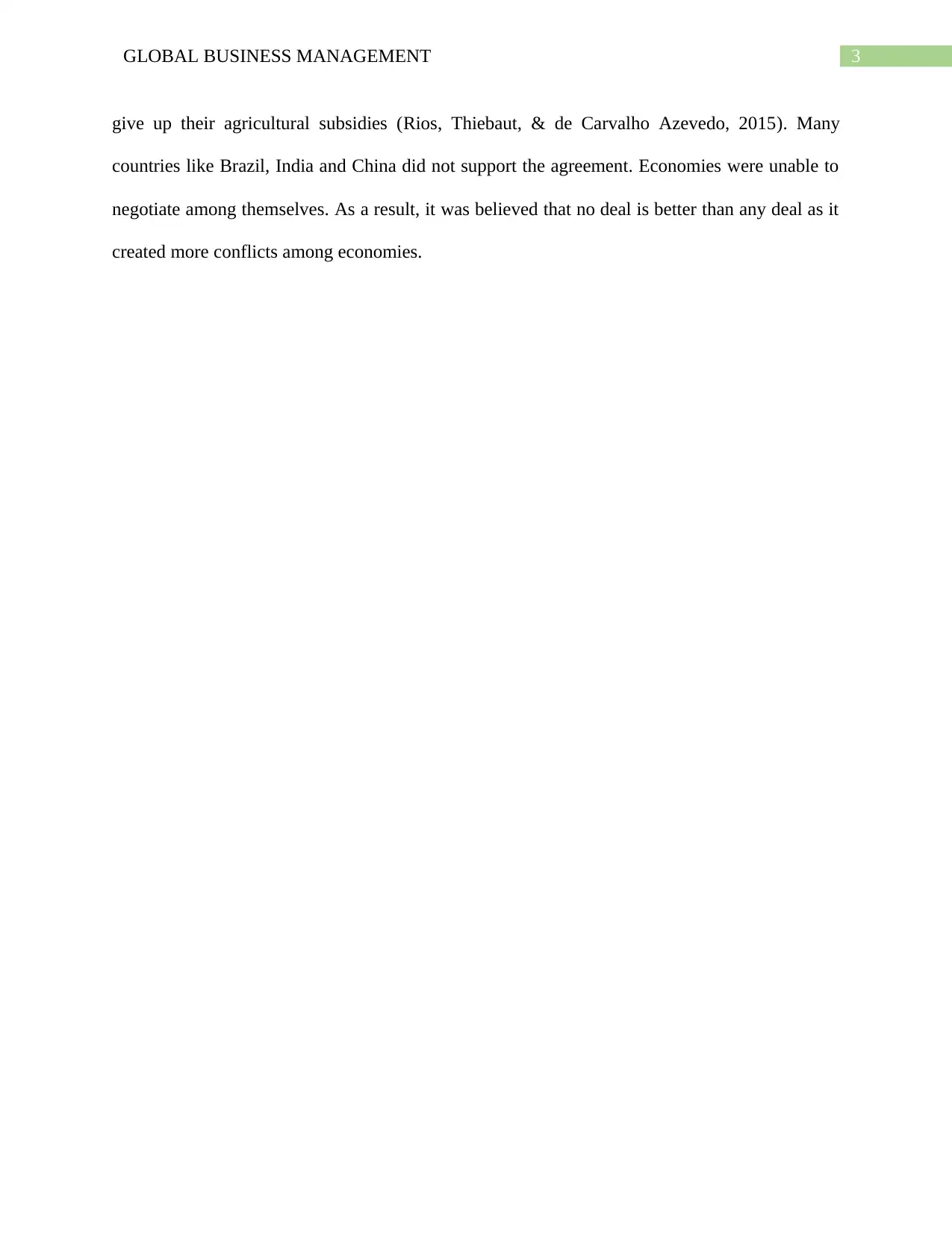
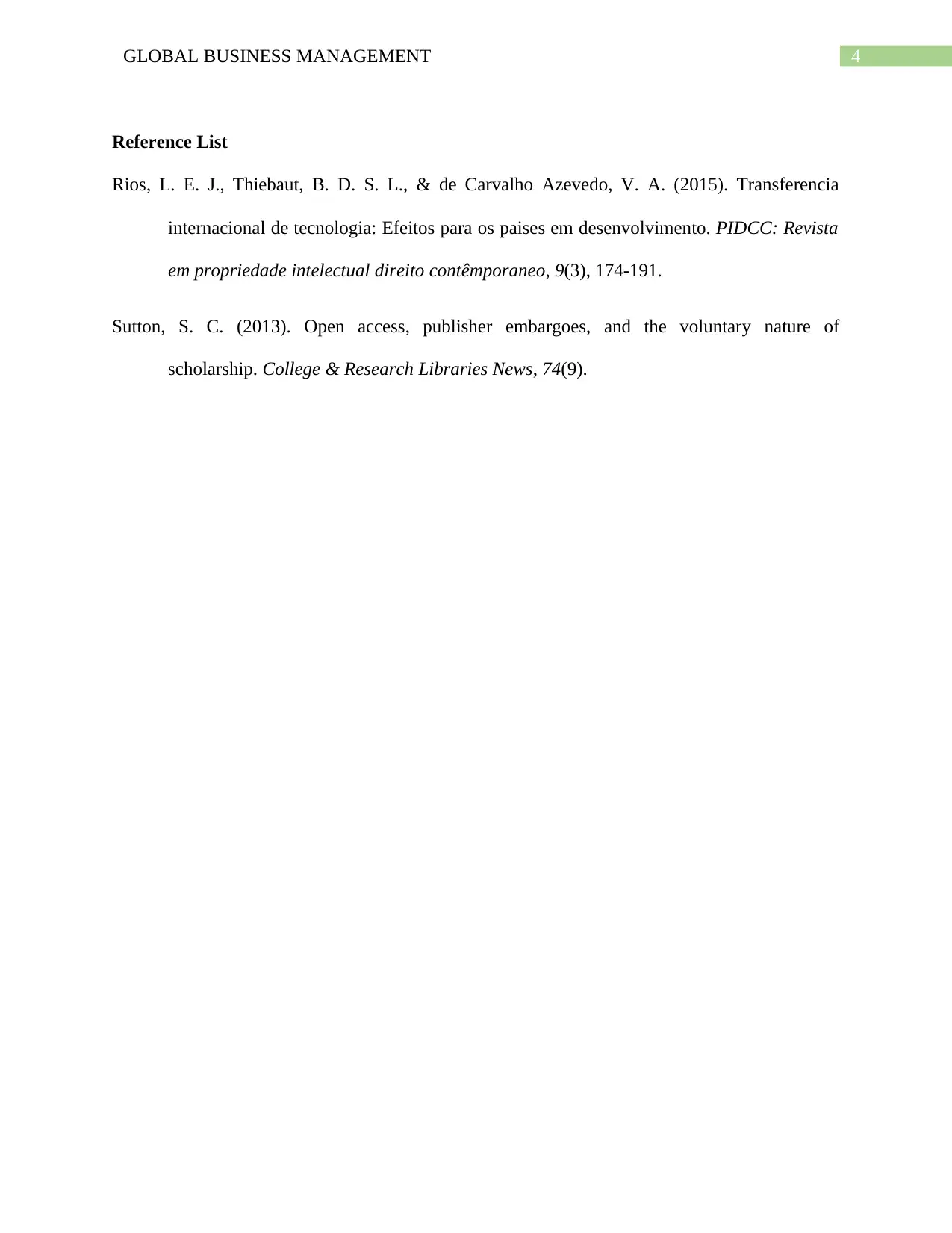
![[object Object]](/_next/static/media/star-bottom.7253800d.svg)